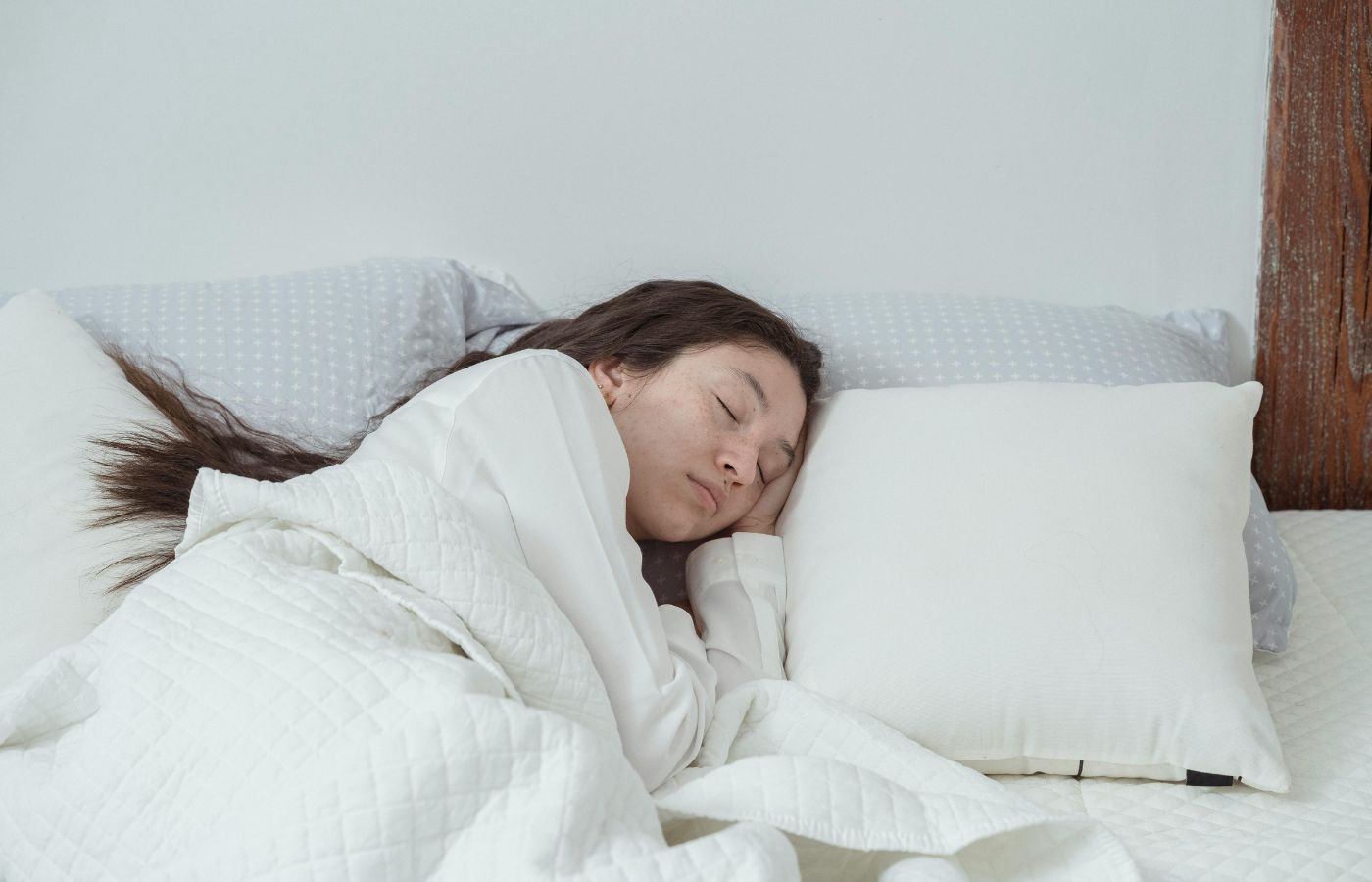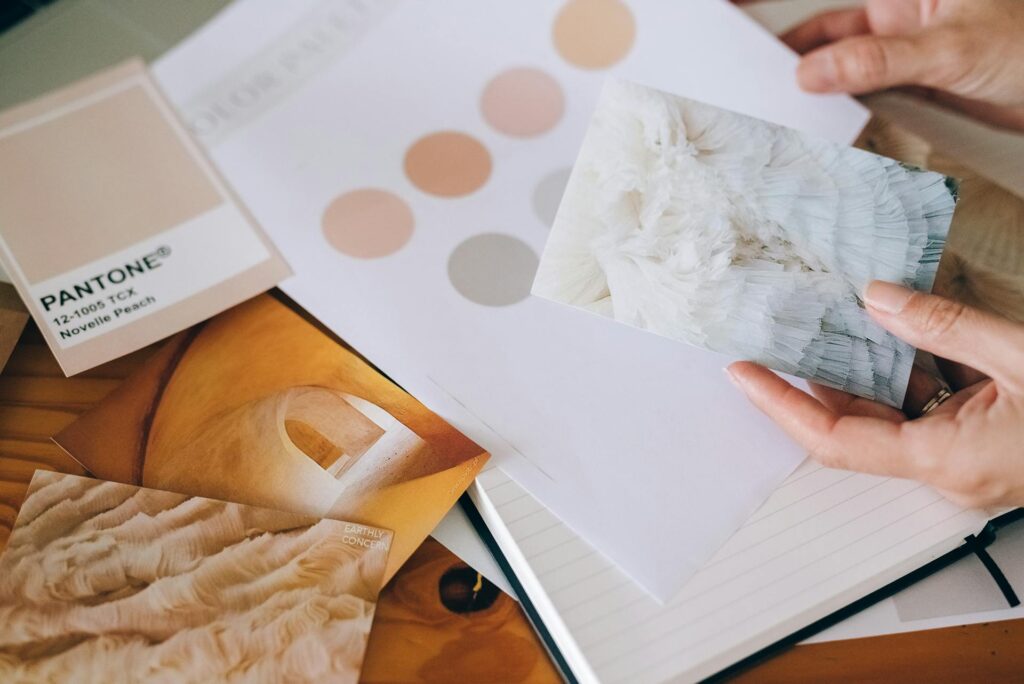We live in a world that never shuts off. Our phones light up at all hours. Streaming services autoplay the next episode. Social media pulls us into endless scrolling. And sleep—once a natural rhythm—now feels like something we have to work for.
But better sleep isn’t out of reach. With a few simple changes to your habits and environment, you can fall asleep faster, sleep more deeply, and wake up feeling restored.
Here are seven proven sleep hygiene tweaks that work—even in the digital age.
1. Set a Consistent Sleep and Wake Time
Your body runs on a circadian rhythm—an internal clock that thrives on routine. When you go to bed and wake up at the same time every day, your body learns when to wind down and when to perk up.
Aim to stick to your schedule even on weekends. This helps maintain a stable sleep cycle and can reduce morning grogginess.
Having trouble with this one? Check out Why You Wake Up Tired (Even After 8 Hours of Sleep).
2. Power Down Screens 60 Minutes Before Bed
Blue light from phones, tablets, and TVs interferes with melatonin, the hormone that tells your body it’s time to sleep. Even if you feel tired, screen time can trick your brain into thinking you’re still alert.
Try shutting off all screens at least one hour before bed. If that’s not realistic, use a blue light filter or night mode. Even dimming the brightness can help.
3. Create a Wind-Down Ritual
Your body needs signals that it’s time to relax. Establish a calming routine in the 30 to 60 minutes leading up to bedtime. This could include:
- Reading a physical book
- Stretching or light yoga
- Journaling or writing a to-do list for tomorrow
- Listening to calming music or a sleep podcast
The key is consistency. Over time, your body will become accustomed to this routine, associating it with the act of sleeping.
4. Keep Your Bedroom Cool, Quiet, and Dark
Your environment plays a significant role in how well you sleep. A cool room (between 60 and 67°F) is ideal for most people. Darkness signals your brain to produce melatonin, so use blackout curtains or a sleep mask. White noise machines or fans can help block out disruptive sounds.
If light or noise is creeping in from outside, try earplugs or invest in better curtains. Your sleep quality is worth the upgrade.
5. Limit Late Night Eating and Drinking
Consuming heavy meals or sugary snacks before bed can disrupt digestion and lead to nighttime wake-ups. Caffeine can stay in your system for up to eight hours, and alcohol—even though it may help you fall asleep—can disrupt deep sleep later in the night.
Try to finish eating at least two to three hours before bed. If you’re hungry, opt for something light, such as a banana or a handful of almonds.
6. Get Morning Sunlight Exposure
Exposure to natural light in the morning helps reset your circadian rhythm. It tells your body it’s time to be awake—and sets you up for better sleep later.
Try to spend 10 to 20 minutes outside within an hour of waking. If you can’t get outside, sit by a window or use a light therapy box in the darker months.
7. Use Tech That Supports Sleep, Not Disrupts It
Not all technology is the enemy of sleep. Some tools can help you build better habits:
- Use a sleep tracker to understand your sleep patterns and identify what’s helping or hurting you.
- Try a meditation or breathing app to guide you through a relaxing wind-down.
- Set device limits or schedule Do Not Disturb hours to reduce late-night notifications.
Technology isn’t going away—but you can learn to use it more mindfully.
Better sleep doesn’t require a total lifestyle overhaul. It starts with small choices made consistently.
In the digital age, protecting your rest is a form of self-respect. By making your sleep space calm, your schedule steady, and your habits intentional, you give your body the rest it needs—and the recovery it requires.
Your best days start with better nights.



